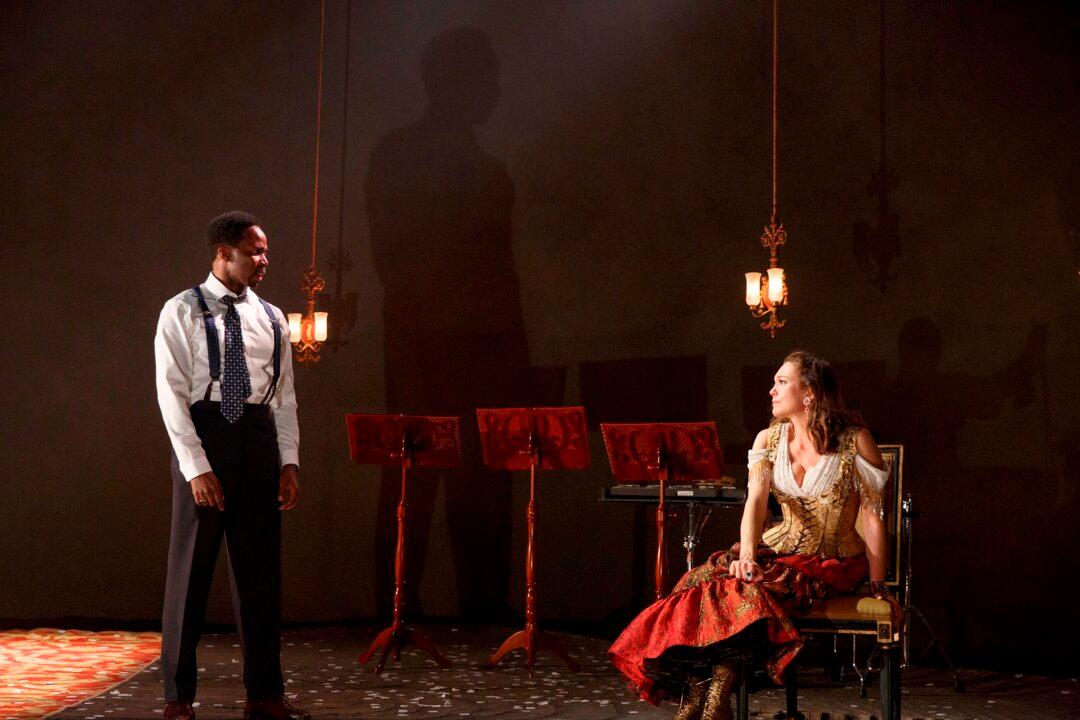NEW YORK—In presenting the woes of one family, the Russian playwright Anton Chekhov has presented a microcosm of Russia just after the turn of the 20th century. The aristocracy is losing its power, and the lower classes are about to rise to the top of society. A new version of the play by Stephen Karam, directed by Simon Godwin, encompasses the elements of Chekhov’s play in all its complexity and richness.
The elegant Madame Ranevskaya (Diane Lane) is returning to her Russian estate after a five-year sojourn in Paris, where she fled shortly after the death by drowning of her 7-year-old son.
Production elements are outstanding in this production.





